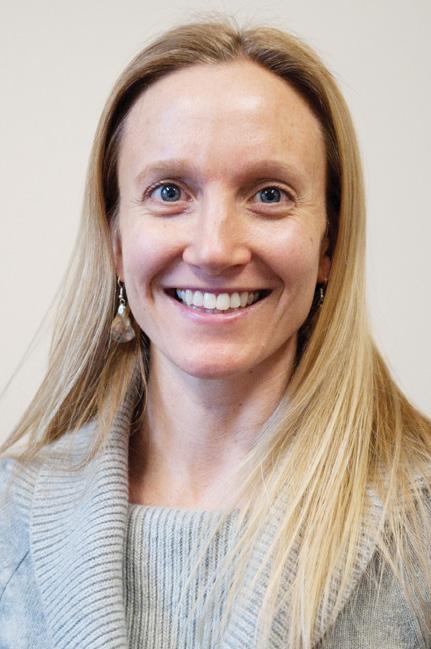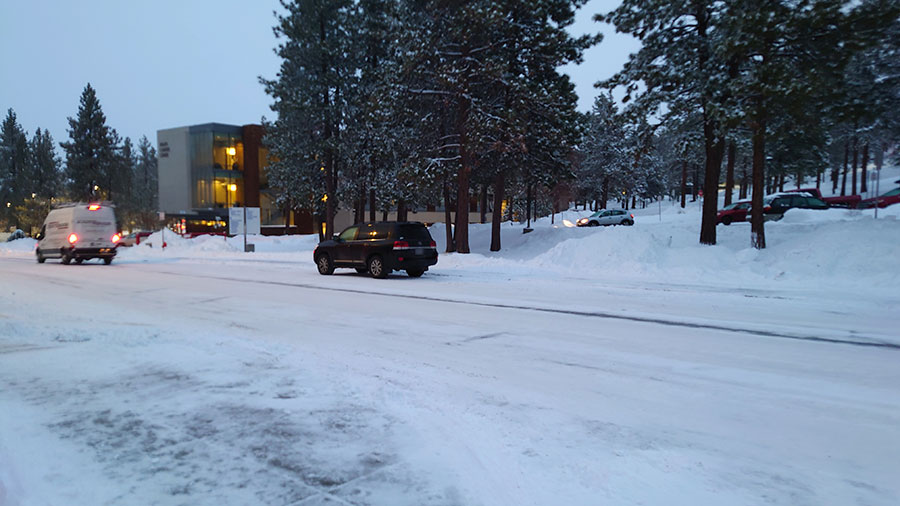If you send your child to the right preschool, will they go to Harvard?
by Jamie Bowles
The Broadside
Many parents make the decision to enroll their young children into preschool programs. Some of these parents do it because they need someone to watch their children while they are at work or school and others so that their children can get a head start academically and in life.

The Assistant Professor for Human Development and Family Sciences at OSU-Cascades, Shannon Lipscomb, PhD, has researched the truth behind whether sending children to preschool can give them a better chance at success later in life.
During her lunch time lecture at Oregon State University-Cascades, “It’s Not All ABCs. What Makes Preschool a Path to Success?” Lipscomb gives students and members of the community a peek at some of the research that she has been doing.
There has been media hype about the importance of childcare and whether it is smart to invest in early childhood education.
According to Lipscomb’s research, there have been positive results that last into adulthood.
“But research doesn’t show that simply putting children in preschool equals success,” said Lipscomb.
Current trends show 90 percent of children attend some form of preschool and of that percentage, large numbers of those children are not ready to learn by the time they enter into kindergarten, according to Lipscomb.
But how much does preschool matter?
“On average there is a positive effect on cognitive development.” said Lipscomb. “It’s small, but statistically significant.”
In Lipscomb’s research she has narrowed down the relevant information:
Quality of care: High quality promotes cognitive development, while low quality can cause behavioral problems
Skills children develop: Learning self regulation (the ability to control one’s own behavior, emotions and attention) leads to being a better student and life skills learned lead to better job performance and relationships

Meeting the needs of children who are most vulnerable: High risk families with situations of domestic violence and poverty and pairing them with quality care.
In her research, Lipscomb discovered that in the end, it is quality and not quantity that has the greatest impact on children in preschool environments.
“It is important that parents choose a philosophy of care that fits for your family,” said Lipscomb.
The information Lipscomb shared could benefit parents, students and those in the community who work with children.
“I attended because I got my degree in human development,” said Shelley Irwin, a 2006 graduate of OSU-Cascades, “And I now work for Healthy Beginnings and this (lecture) was interesting to me.”
(Contact: [email protected])









